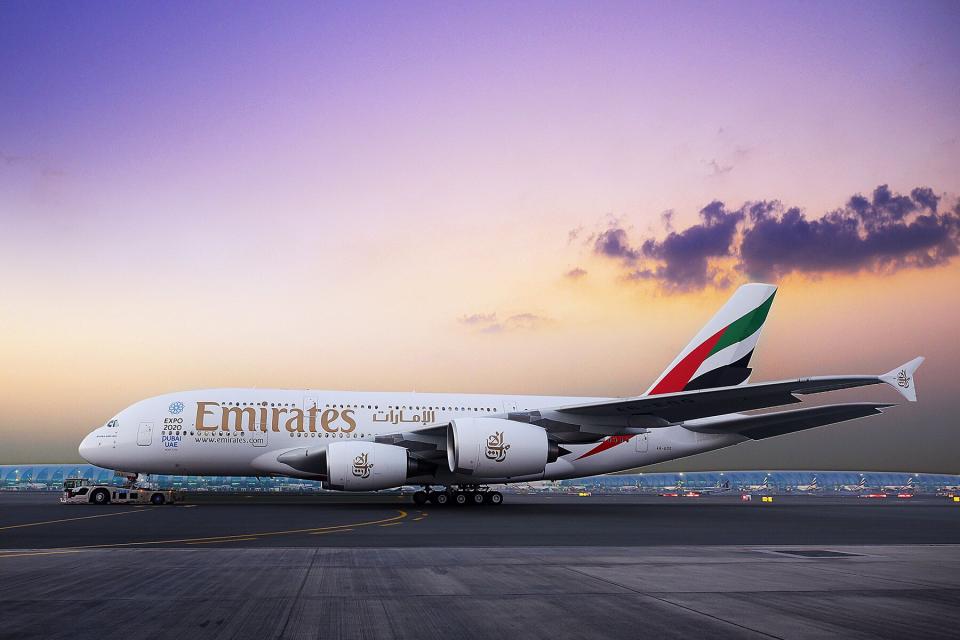Major International Airlines Cancel Flights to U.S. Ahead of Planned 5G Rollout
Several major international airlines preemptively canceled flights into the United States on Wednesday amid concerns over the rollout of 5G technology and its potential effect on aircraft safety, doing so before telecom companies agreed to a last-minute pause.
The decision to cancel was made as the Federal Aviation Administration has warned that 5G could interfere with an aircraft's radar altimeters — the instrument that measures a plane's altitude — which could make landing at certain airports dangerous, especially during low-visibility scenarios. While the FAA has already certified some airplane models to fly with the 5G rollout, including the popular Boeing 737, the agency has not approved several other popular models.
The widespread rollout of the new technology was set to begin on Wednesday, but AT&T and Verizon each agreed late Tuesday to delay the launch of 5G within a 2-mile radius of runways, The Associated Press reported. It was not immediately clear how long the delay would last.
"We recognize the economic importance of expanding 5G, and we appreciate the wireless companies working with us to protect the flying public and the country's supply chain," U.S. Transportation Secretary Pete Buttigieg said in a statement. "The complex U.S. airspace leads the world in safety because of our high standards for aviation, and we will maintain this commitment as wireless companies deploy 5G."
Still, it was too late for Emirates and Air India, which had all already suspended flight schedules into the U.S.
However, on Thursday, Emirates confirmed to Travel + Leisure that the airline has restored all flights to the U.S. using Boeing 777s. Starting Jan. 21, the airline will reinstate operations to Chicago, Dallas Fort Worth, Miami, Newark, Orlando, and Seattle. Flights to Boston, Houston, and San Francisco will return the following day.

Courtesy of The Emirates Group
Japan Airlines and All Nippon Airways, which also followed suit in initially suspending flights to the U.S. is restoring routes using its Boeing 777 aircraft on Thursday, Reuters reported.
Air France will also continue to fly its Boeing 777s into the U.S., the AP reported.
"There's a lot unknown about how big a problem this is and why the FAA and many of the airlines are calling for more study instead of saying this is inherently unsafe," Scott Keyes, the founder of Scott's Cheap Flights, told T+L, adding the technology has been rolled out in other countries safely.
Keyes said canceling a long-haul international flight, especially last minute, is not an easy decision for airlines or a minor inconvenience.
"This is not an inexpensive move on their part, it's quite costly," he said. "The closer an airline cancels to the actual flying date, the worse it is for them and their passengers — it's a lot more disruptive for you as a traveler if your flight gets canceled 12 or 24 hours before you were set to depart… Cancellations have a big, negative impact and cost the airlines a lot more than just the refunds they have to provide customers. It's something airlines try to pull out all the stops to prevent."
Alison Fox is a contributing writer for Travel + Leisure. When she's not in New York City, she likes to spend her time at the beach or exploring new destinations and hopes to visit every country in the world. Follow her adventures on Instagram.
